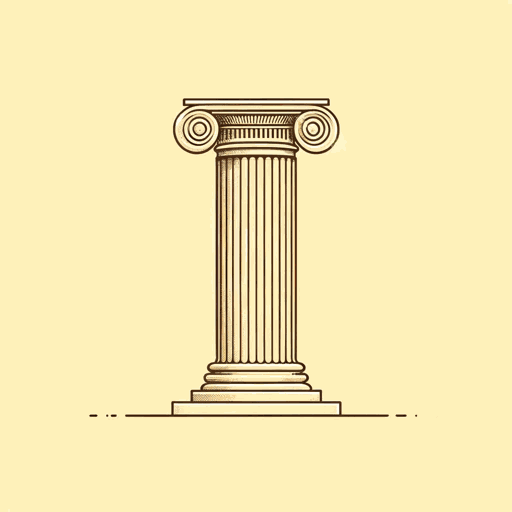58 pages • 1 hour read
Will DurantThe Story of Philosophy: The Lives and Opinions of the Greater Philosophers
Nonfiction | Reference/Text Book | Adult | Published in 1926A modern alternative to SparkNotes and CliffsNotes, SuperSummary offers high-quality Study Guides with detailed chapter summaries and analysis of major themes, characters, and more.
Chapter 3Chapter Summaries & Analyses
Chapter 3 Summary: “Francis Bacon”
This chapter begins with a summary of philosophy between Aristotle and the Renaissance. Durant blames the decline of philosophy following Alexander the Great on the “spirit of apathy and resignation” (108) which reigned in Greece as the Hellenistic period waned. The dueling schools of Stoicism and Epicureanism, which Durant calls “the apathetic acceptance of defeat, and the effort to forget defeat in the arms of pleasure” (108) were then appropriated by the Romans, who had no philosophic school of their own. Durant finds the Roman philosophy of Epictetus or Aurelias to be dull and depressing, although its somber spirit would find nobility when adopted by later Christian mystics.
With the fall of Rome and the rise of Christianity, the Catholic Church confined all philosophic inquiry within its doctrine. Access to Arabic translations of Aristotle helped the Scholastics reconcile philosophy with faith, but Durant finds them capable only of “subtlety, not wisdom” (116). At long last, philosophy began to bloom again as greater knowledge of the outside world prompted a new round of scientific inquiry. According to Durant, it was Francis Bacon who revived genuine philosophy in Europe after almost two millennia in relative abeyance.
Bacon was a child of Elizabethan England, a period of great dynamism and discovery.

